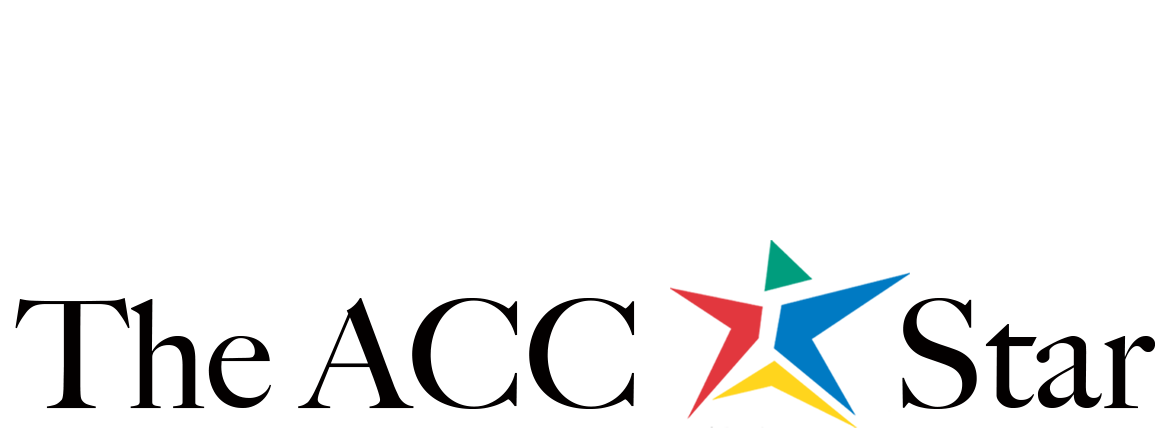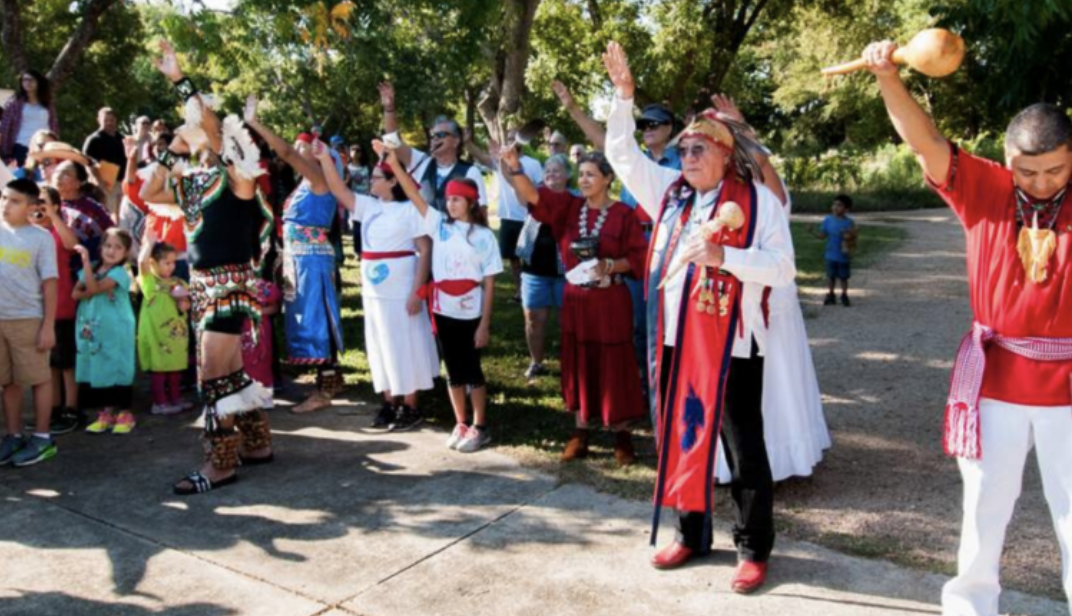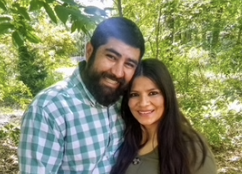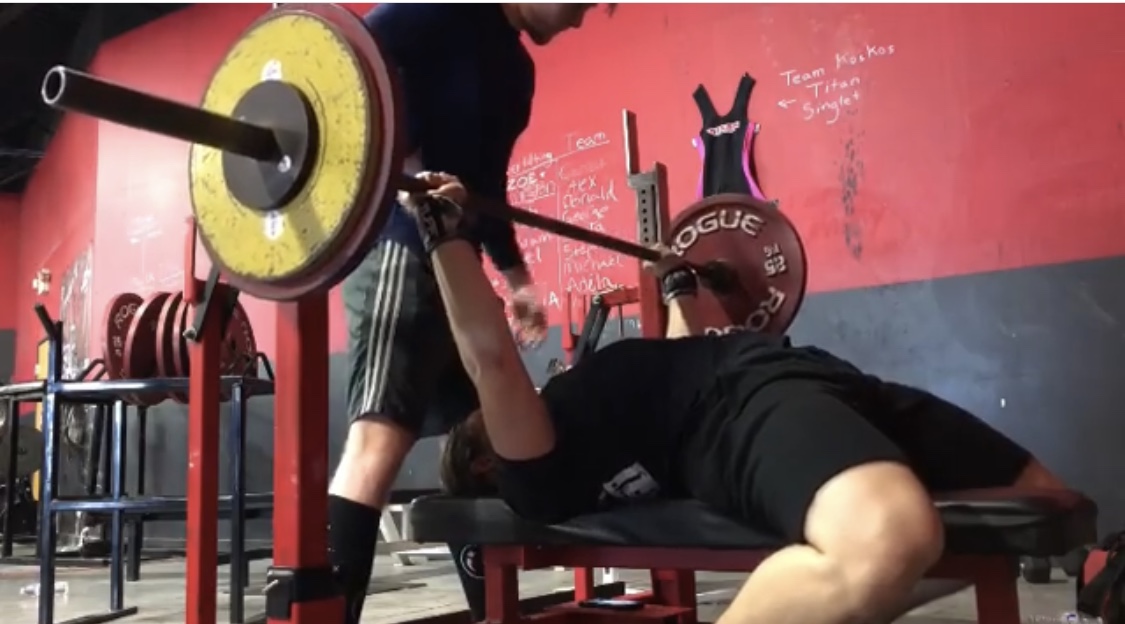(By HOPE WILSON)
SAN MARCOS — On Indigenous Peoples’ Day 2021, a crowd in front of the Hays County Courthouse in San Marcos scribbled on provided note cards. Speakers with the Indigenous Cultures Institute had just asked them for input: what did they hope to see in the Indigenous Cultures Center being planned in the area?
Christopher Mena, 27, filled out his card. The institute’s representatives had emphasized their interest in hearing from, and sharing the upcoming center with Hispanic people who themselves have Indigenous ancestry.
Mena is ready to take them up on that.

Growing up, Mena remembers his parents telling him he was Hispanic and white. He was aware that he was descended from the Pipil, a Native people of El Salvador. But as a child, he didn’t give it much thought.
He maintained his identity as white and Hispanic in middle school, even though his classmates there made it clear that they did not see him as white. “It’s always been confusing,” he admits.
Dissonance set in later. If Native Americans weren’t considered white, Mena thought, and if his own ancestors were Native, then did it really make sense to consider himself white?
When he thought about describing himself as Indigenous, he felt that he’d found something.
In 2020, the U.S. Census questionnaire offered the following options for race: White, Black, American Indian or Alaska Native, Asian, or “Some other race.” Christopher’s dad filled his out for him, but if he’d filled out his own, he might have marked himself as “other,” or as American Indian.
A separate census question gave “Hispanic, Latino, or Spanish origin” as a single option, but Christopher feels that his identity shouldn’t give credit to the conquistadors who killed his ancestors. He accepts Latino as a descriptor, but he wouldn’t want to say yes to a question that lumps it in with Hispanic or Spanish.
While acknowledging that some may have ulterior motives in claiming a Native identity, Mena says he’s not interested in materially benefiting from such an identity, nor in inserting himself into a community whose culture he doesn’t share. He just wants to learn about the culture of his ancestors.
Itzel Tochtli Abrego, who uses they/them pronouns, is also engaged in learning about their Native roots. As a Chicano, they characterize this learning as part of their lifelong process of decolonization.
Abrego, 43, is descended from the Coahuiltecan people, native to parts of Texas and Mexico, whose members founded the Indigenous Cultures Institute in 2006.

Abrego hopes to get Coahuiltecan tribal membership in order to reclaim part of their heritage. “It’s definitely peace of mind. It’s a piece to the puzzle of who I am.”
They hope to encourage their kids to become members as well.
Both Mena and Abrego feel pushback, even from other Latinos. Mena gives this example: if he wanted to learn more about the Spanish side of his heritage, he doesn’t think anyone would object.
“But then if you try to learn about the Indigenous part of it, people might say, ‘No, you’ve been away from that culture for far too long, you don’t have that anymore.’”
He thinks things could change with invitations such as that extended by the Indigenous Cultures Institute. With more, reputable people – such as members of the institute – coming forward with the idea that Latino people should acknowledge their Native roots, the idea is more likely to get traction.
Abrego agrees that the institute and its planned center could change people’s minds. “When you find more knowledge in who you are and find an identity in that, it definitely does change the perspective of who you are.”
At the courthouse, Christopher dropped his index card in the designated basket, expressing his hopes that the people of El Salvador might find some representation in the cultural center.
He doesn’t know if this wish will be fulfilled, since El Salvador is more than a thousand miles away. But he’s okay with it – the nations the center teaches about might have a common thread with them. “You never know what you might find.”




